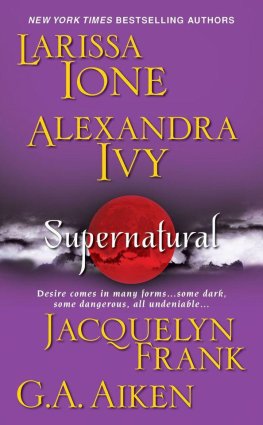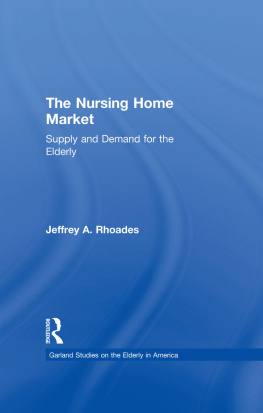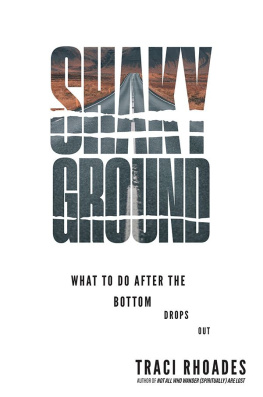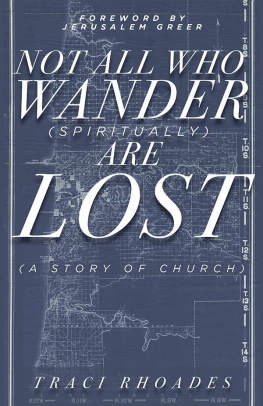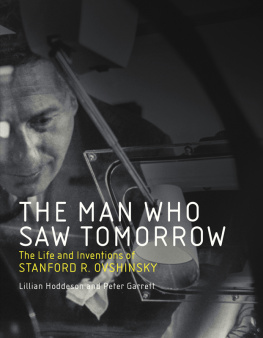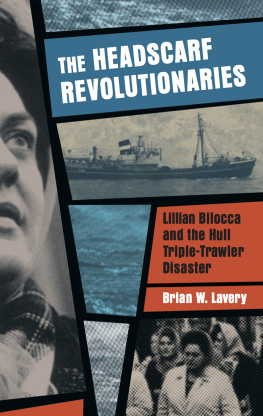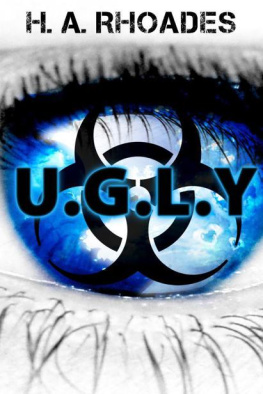The Story of Philadelphia
LILLIAN IONE RHOADES
The Story of Philadelphia, Lillian I. Rhoades
Jazzybee Verlag Jrgen Beck
86450 Altenmnster, Loschberg 9
Deutschland
ISBN: 9783849650810
www.jazzybee-verlag.de
admin@jazzybee-verlag.de
CONTENTS:
INTRODUCTION.
THE public schools should be nurseries of civic virtue.
One of their high aims should be to train pupils to intelligent and virtuous citizenship. To secure this end the young should be led to feel an interest in their State and nation. They should know the leading events of history, and be familiar with the heroic deeds of the patriots and statesmen whose courage and wisdom secured our free institutions. Their hearts should be led to beat in sympathy with those lofty sentiments which moved the hearts of the fathers to suffer and die that freedom might live.
Especially should the young be familiar with the local' events of the city in which they live. They should feel a pride in its institutions and in its past history. Civic pride is the basis of civic duty; and the school can do much to awaken this pride and cultivate this sense of duty by calling attention to the patriotic deeds of the men and women who have helped to shape the city's history.
Philadelphia is especially rich in historic associations.
In its halls were enunciated those principles of human rights that gave birth to free institutions. Here were assembled those patriotic men whose wise words and brave deeds laid the foundations and gave shape to the temple of American liberty. Here was written the Declaration of Independence, the most -distinguished state paper ever drafted by human pen. Here stands Independence Hall, in which that Declaration was debated, adopted, and signed. Here, in a little house, still standing, was designed the American flag, that now floats over the grandest nation of all time. Here, in one of our streets, was sent up the silken kite that proved the identity of the electric spark and the lightning's flash. Here are buildings hallowed by the presence of Washington, Adams, Jefferson, and Franklin.
Realizing the value of these influences in the education of youth, I have sought to give them a place in the work of the public schools. A need has been felt of a suitable book, accessible to teachers and pupils, containing an account of the leading events of our history. The object of " The Story of Philadelphia" is to meet this need by presenting, in condensed form, some of the most interesting events in the history of the city. The story is one of patriotic interest, and no one can follow it without feeling a deeper pride in the city and its institutions.
As we in Philadelphia are proud of the achievements of the other great cities of the country, so the youth of those cities will feel a pride in the noted men and women whose lofty deeds of virtue have given honor to Philadelphia and to the nation. Thus "The Story of Philadelphia" may teach a lesson of patriotism to the youth of other cities as well as of Philadelphia.
PREFACE.
THE city of Philadelphia should be an object of interest not only to her citizens, but also to all other Americans.
It was the birthplace of an independent commonwealth the United States of America. In the military and political history of our country, Philadelphia occupies the foremost place. Here the first American flag was made and the first American coin struck. It was Philadelphia that organized the first volunteer fire company and established the first American law school and the first school of medicine; and it was from Philadelphia that the first American arctic expedition was sent out.
Conspicuous as are these events, Philadelphia is yet more distinguished by the noble character of the men and women who have taken an active part in its development. William Penn, the wise leader and lawgiver, was the founder of our State and city. Francis Daniel Pastorius was the founder of the first German settlement in Pennsylvania, at Germantown. It was Benjamin Franklin who raised the standard of the press and gave to the world the benefit of his researches in electricity, who pleaded for justice in behalf of the struggling colonies and who first interested the French government in the American cause. Here lived John Bartram, who through his own exertions became the "greatest natural botanist in the world." Here also lived David Rittenhouse, who received the homage of both hemispheres, and was accounted the greatest astronomer of his time. It was Robert Morris who served as the financier of the Revolution, and who saved his country during its greatest distress; and it was Stephen Girard, the "mariner and merchant," who took up the burden of finance and saved the nation's credit, and who subsequently established the most noted college in the world for the instruction of orphan boys. It was Lydia Darrah of Philadelphia who acted a heroine's part in the American Revolution; and it was the deft and skillful fingers of Betsy Ross that made the first American flag. Here lived Phoebe Ann Rush, a woman of noble character, who sought to establish a democracy in society; and here lived Rebecca Gratz, who became a leading philanthropist of our city and who was the model for Sir Walter Scott's Jewish heroine in "Ivanhoe." And, lastly, here lived Lucretia Mott, whose beautiful life and noble character gave to the world a new ideal of American womanhood.
In studying " The Story of Philadelphia " the boys and girls of America will learn the history of their nation during its most critical periods, while the boys and girls of Philadelphia will realize that they are "citizens of no mean city."
LILLIAN IONE RHOADES.
THE FIRST SETTLERS ON THE DELAWARE.
A LITTLE more than two hundred and fifty years ago the site of Philadelphia was an unbroken forest. Instead of a beautiful city of pleasant homes and magnificent buildings, there were only the rude wigwams of the red men. In place of straight and busy streets vocal with the hum of the trolley, the narrow silent path of the Indian's trail wound through the forest. With the advent of the white man and the arts of civilization, the Indian and the forest passed away.
There is a general impression that Penn and his people were the first settlers in Pennsylvania, but the fact is, parts of the province had been held alternately by the Dutch, the Swedes, and the English, during the fifty-eight years preceding Penn's arrival. Settlements had been made along the Delaware, homes built, fields planted, forts and churches erected, governments established, and the foundation laid for a new empire. Who these people were, whence they came, and how they attempted to establish homes in the new country, will be the story of our first chapter.
It was the custom of the great nations of Europe four centuries ago to send out explorers to strange countries, and to give them authority to claim, in the name of the king or queen under whose banner they sailed, such lands as they might discover. In this manner the English, the French, the Dutch, and the Swedes claimed, at various times, the shores of the Delaware. The first actual discovery of land was made by Henry Hudson, an Englishman, who was in the employ of the Dutch East India Company of Holland. On August 28, 1609, Hudson entered the Delaware Bay, where he remained six hours.
Supposing the bay to be unnavigable, he put to sea, and sailing northward discovered the river which now bears his name. The Dutch upon this discovery laid claim to both sides of the Delaware and Hudson rivers. It has been claimed that Thomas West, Lord Delaware, governor of Virginia, visited Delaware Bay the next year; but no evidence exists that he ever saw it. The English, however, at an early date, named the bay and river in honor of him in order to strengthen their claim to the land.



